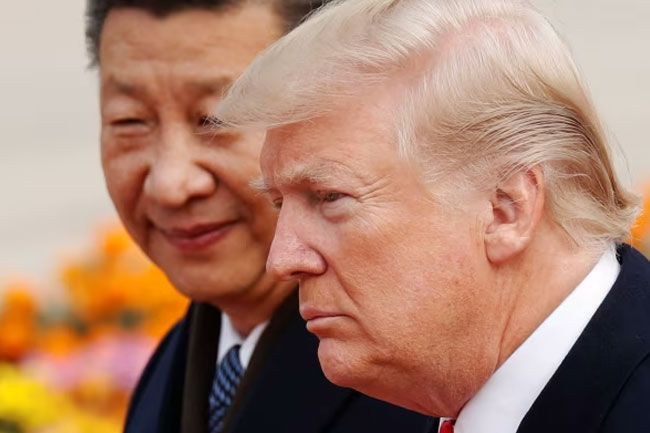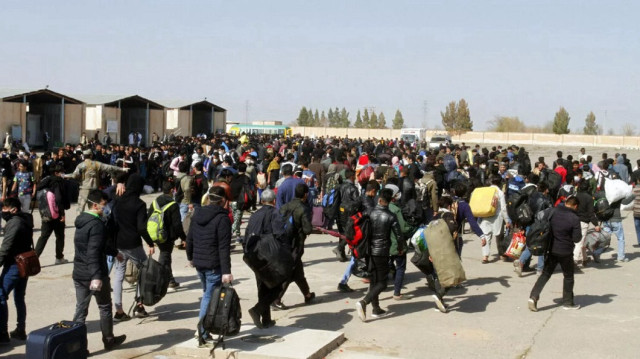US Tariffs: Impact and Concerns in Global Trade
As the Trump administration enforces tariffs, global economic tensions rise. Japan and the US engage in trade talks amid concerns of market instability and financial uncertainty.
Published April 19, 2025 - 00:04am
Image recovered from moneydj.com
In the latest developments surrounding US trade policies, the Trump administration's tariff strategy continues to stir economic discourse globally. Reports from the US Customs and Border Protection (CBP) reveal a significant shortfall in the anticipated tariff revenue. Despite initial assertions by the Trump administration that tariffs would generate substantial daily revenue, reality paints a different picture with revenue collections far below expectations.
The economic ramifications extend beyond the United States, causing ripples across international markets. Nations such as Japan express serious concerns over the potential economic aftermath. Japanese Finance Minister Katsunobu Kato has articulated the government's apprehensions about market volatility triggered by US tariff policies. These measures present a looming threat to Japan's economic resurgence, casting doubt over ongoing recovery efforts.
Amid these tensions, recent trade talks held between the US and Japan spotlight the complexity of negotiations. President Trump's involvement underscores the seriousness with which the US approaches these discussions, aiming to address issues that extend beyond mere trade balances. Despite the promise of 'big progress' in talks, details remain scant, leaving observers keenly aware of the fragile nature of these diplomatic engagements.
Exchange rates remain a sensitive topic, with accusations of currency manipulation adding another layer of complication. While Japan staunchly denies such activities, the US insists on addressing these issues, reflecting broader concerns about currency fluctuations affecting international trade dynamics.
As discussions unfold, broader implications for the global economy become evident. The risk of exacerbating market instability poses significant challenges for stakeholders around the world. Both countries have acknowledged the necessity of maintaining stable currency rates and tackling volatility proactively. However, the lack of consensus on how to stabilize these rates remains a contentious point.
Increased tariffs and resulting geopolitical uncertainties have sparked fears among investors and policymakers alike. Companies express concern over heightened production costs and the potential disruption of supply chains. A comprehensive survey reveals widespread apprehension among businesses, with many believing that the current economic climate may lead to a recession.
The situation is further complicated by contrasting objectives within the US administration. While there is a push for companies to relocate manufacturing back to the US, considerable barriers, such as high costs and the need for skilled labor, hinder these efforts. Many firms are looking towards countries with lower tariffs as viable alternatives to mitigate financial strain.
Experts emphasize the necessity of constructive dialogue and collaboration to mitigate adverse economic outcomes. There is a growing acknowledgment of the importance of multilateral cooperation to resolve trade disputes effectively. As global leaders continue to navigate these treacherous waters, the stakes remain high, underscoring the profound interconnectedness of modern economies.
In conclusion, the unfolding situation with US tariffs highlights the intricate web of economic interdependence in the global arena. As countries strive to strike a balance between domestic interests and international commitments, the path forward remains fraught with challenges and complexities.







